Use my current location
Search Results
Please enter suburb or postcode
Menu
For parents
For child care services
FIND CHILDCARE
Search For Childcare Centres
For a better experience, sign-in from your desktop

























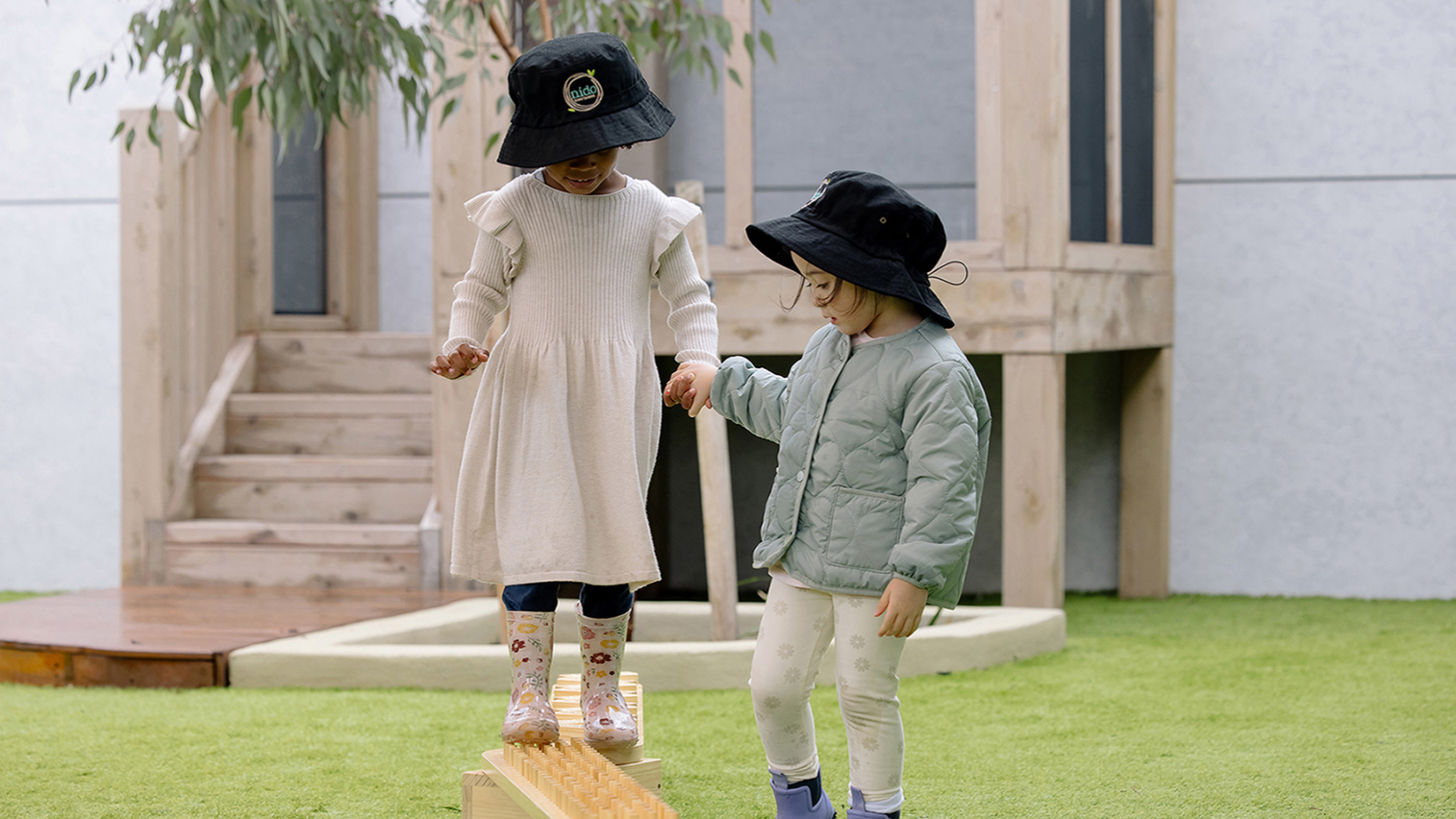
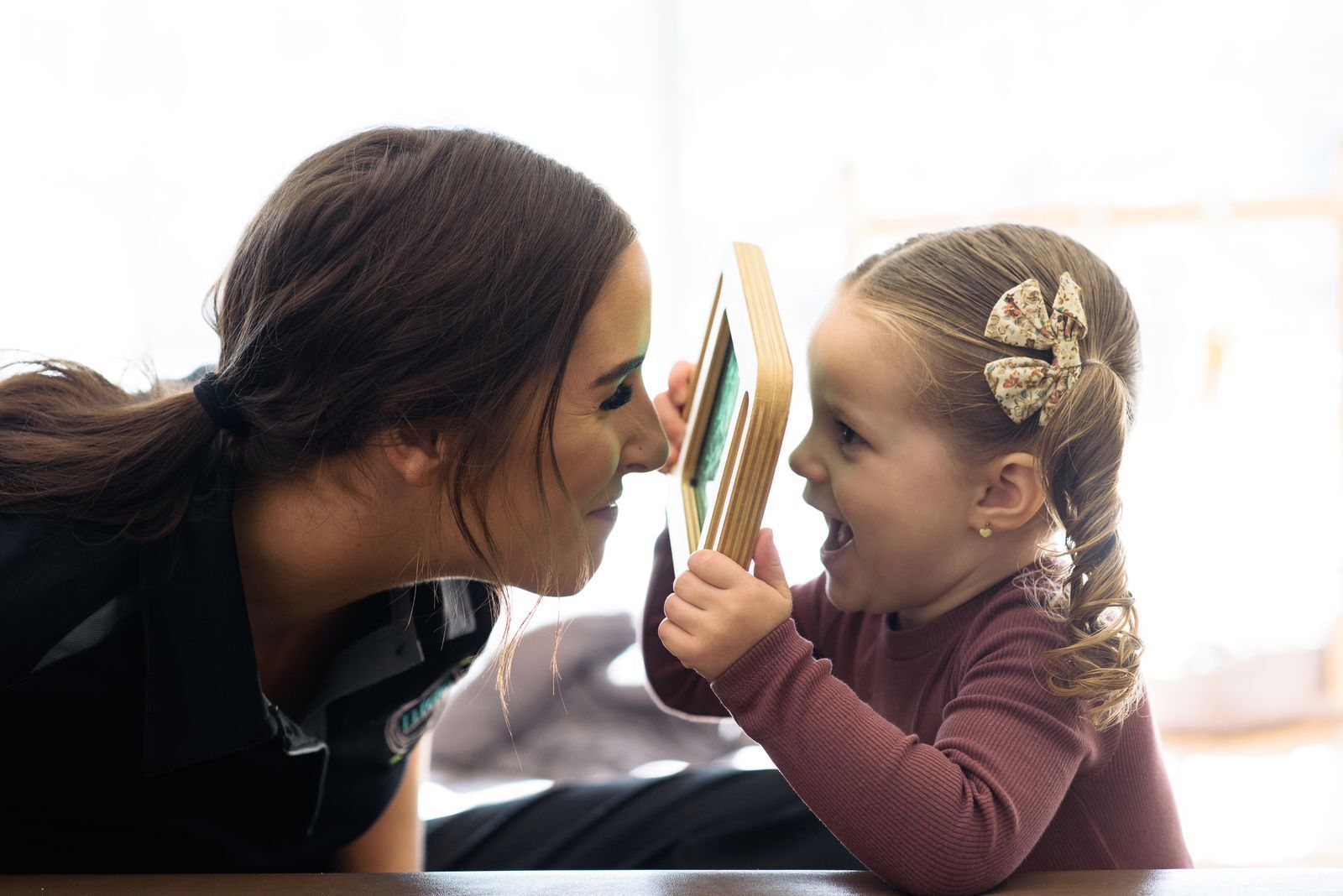
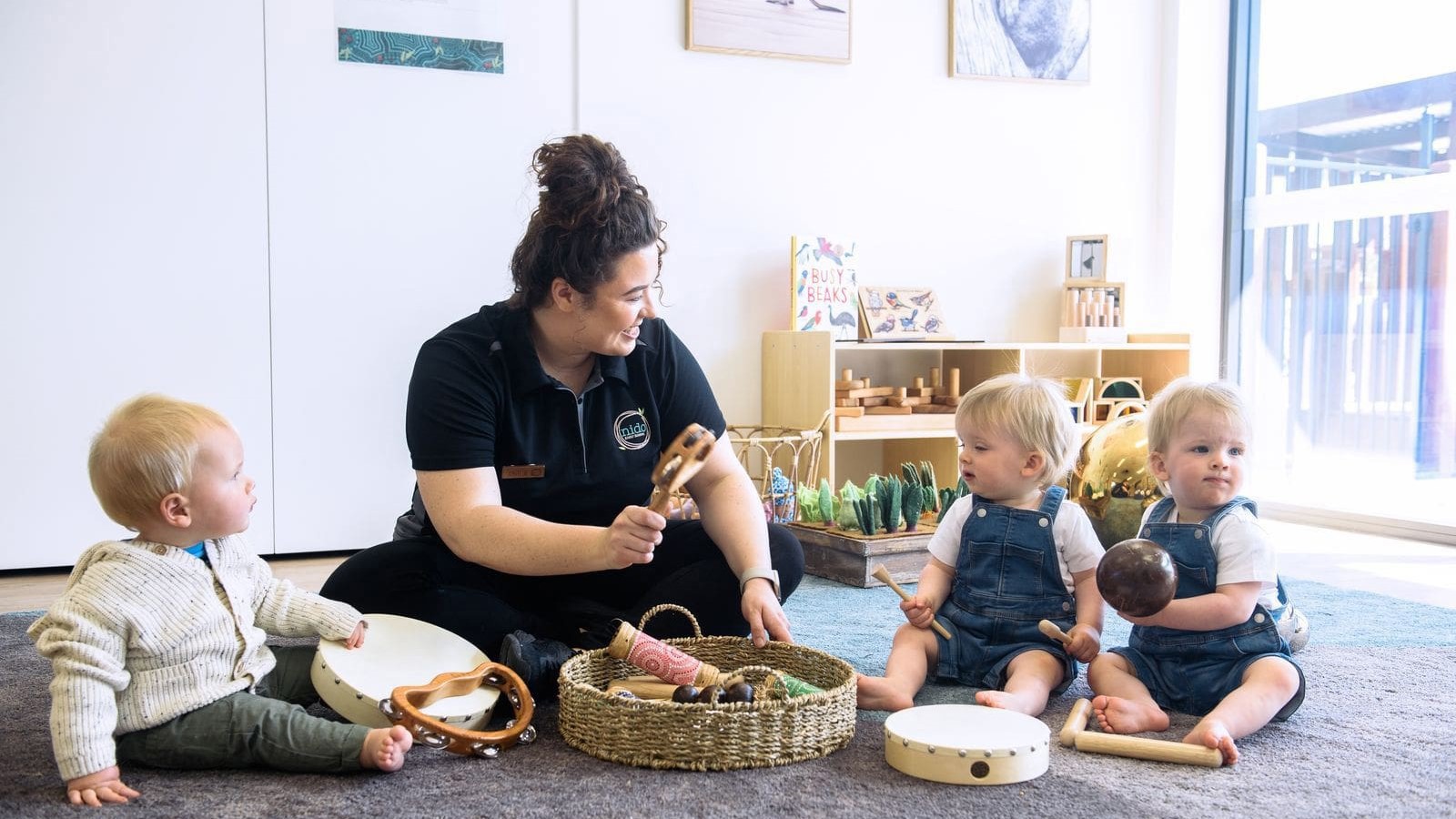
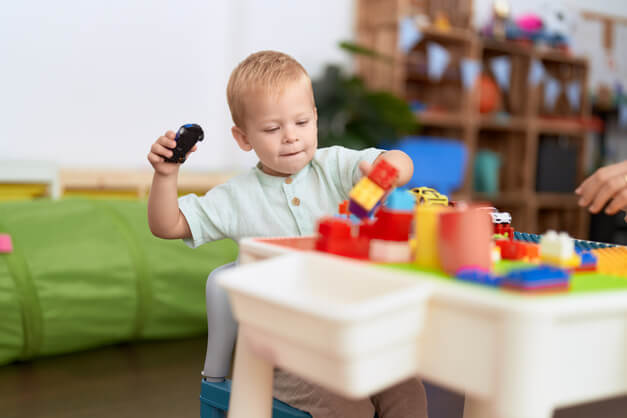



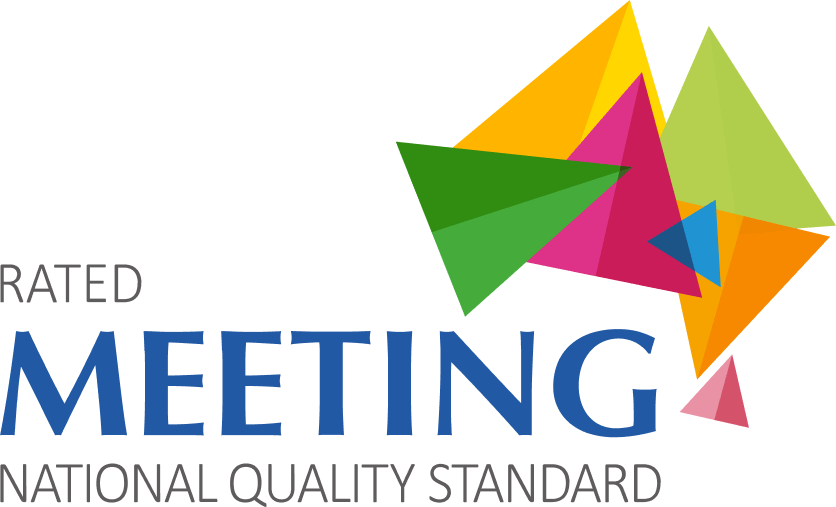
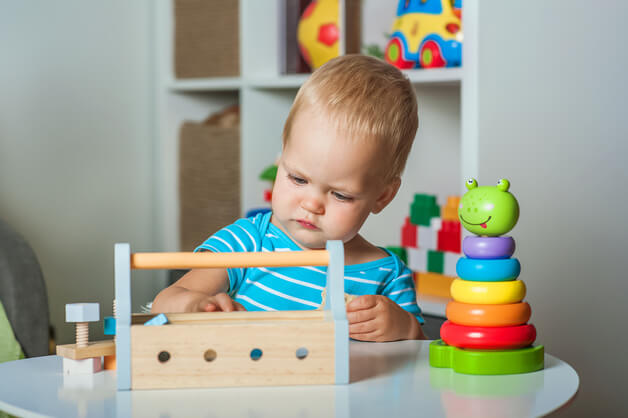



































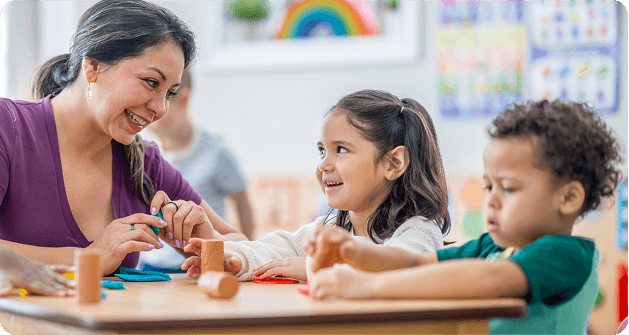

Social Post News
Social posts for this centre will appear here once they're available.
Can not get post detail